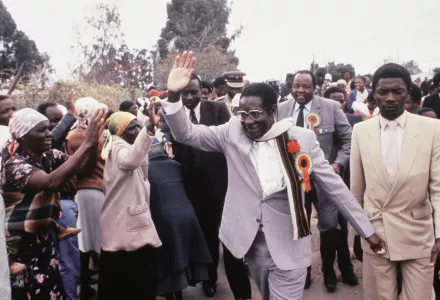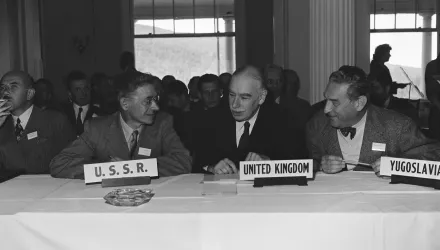International Security is America's leading peer-reviewed journal of security affairs.

Summary
When winning rebels face intense security threats during civil wars, rebel field commanders are more likely to remain obedient during war-to-peace transitions because they have less incentive to challenge newly installed rulers and less capacity to mobilize supporters outside the postwar military hierarchy. Comparative evidence from a global dataset of winning armed movements since World War II and case studies from Zimbabwe and Côte d’Ivoire suggest that the logic of this bellicist theory applies to rebel victors across varied conflict contexts and underscores the limits of external intervention.
Philip A. Martin, "Insurgent Armies: Military Obedience and State Formation after Rebel Victory," International Security, Vol. 46, No. 3 (Winter 2021/22), pp. 87–127, https://doi.org/10.1162/isec_a_00427.
The full text of this publication is available in the link below.





